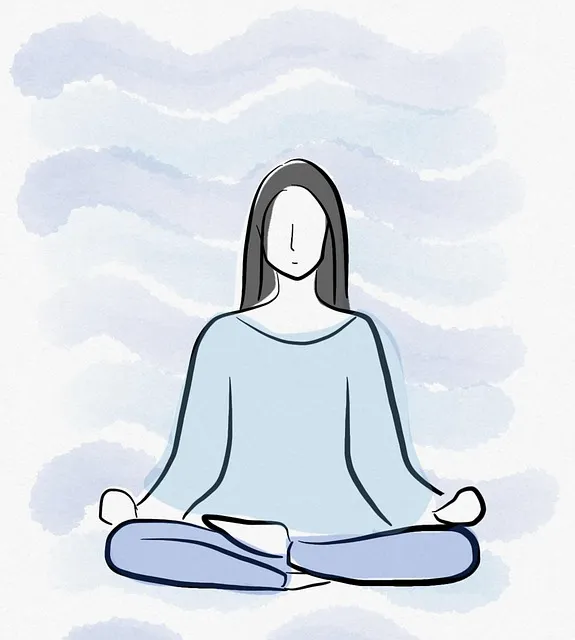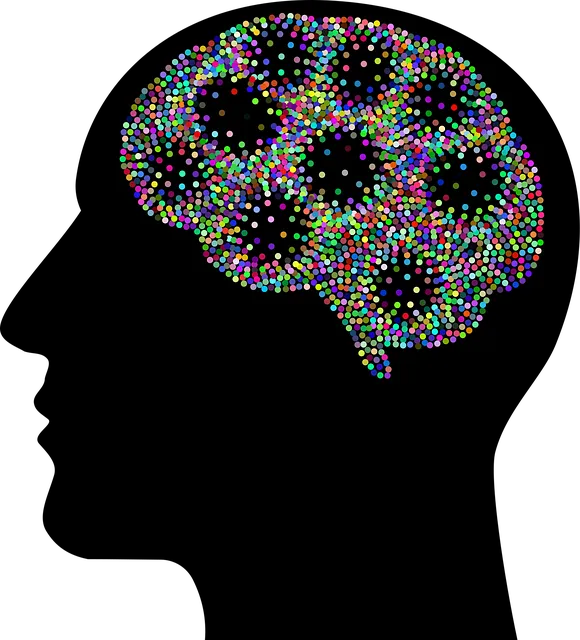The Kaiser Permanente mental health center in Northglenn emphasizes understanding individual stress triggers and promoting holistic well-being through mindfulness, exercise, cognitive behavioral therapy (CBT), and healthy lifestyle choices. They encourage self-care practices tailored to unique backgrounds, highlighting the importance of stress reduction for emotional resilience, as reflected in positive reviews.
At the Kaiser Permanente mental health center in Northglenn, we explore effective stress reduction methods to enhance your well-being. This comprehensive guide delves into understanding stress, its causes, and common triggers. We offer practical techniques such as mindfulness exercises for daily relaxation, the power of physical activity as a stress reliever, cognitive behavioral therapy for positive thinking, and healthy lifestyle choices for long-term resilience. Discover how these strategies can help you navigate life’s challenges with greater ease.
- Understanding Stress: Causes and Common Triggers
- Mindfulness Techniques for Daily Relaxation
- Physical Activity: Exercise as a Stress Reliever
- Cognitive Behavioral Therapy: Shaping Positive Thoughts
- Healthy Lifestyle Choices for Long-Term Well-being
Understanding Stress: Causes and Common Triggers

Stress is a multifaceted response to various internal and external factors that demand our attention and action. The perception of stress can be highly individual, triggered by different events or situations based on one’s experiences, personality, and cultural background. At the Kaiser Permanente mental health center in Northglenn, professionals emphasize understanding these unique triggers as the first step towards effective stress reduction.
Common causes of stress include work-related pressures, financial worries, relationships issues, and significant life changes. For instance, a demanding job or tight deadlines can trigger stress responses in individuals who value high performance and perfectionism. Similarly, cultural sensitivity in mental healthcare practice recognizes that certain cultural beliefs and traditions might influence how people interpret and cope with stressful events. Incorporating self-care practices like regular exercise, mindfulness meditation, and maintaining a balanced diet can significantly contribute to mood management and overall well-being, as encouraged by the Kaiser Permanente Northglenn team.
Mindfulness Techniques for Daily Relaxation

Mindfulness has emerged as a powerful tool for stress reduction, and it’s a practice that can be easily incorporated into daily routines. The Kaiser Permanente mental health center in Northglenn offers valuable insights and resources for individuals seeking to enhance their mental well-being through mindfulness techniques. By focusing on the present moment, individuals can cultivate a sense of calm and reduce the impact of stressful thoughts and emotions. Simple practices like mindful breathing, where one pays attention to the inhalation and exhalation, can help center the mind and body, promoting relaxation.
Furthermore, engaging in mindful activities such as walking or eating without distractions allows for a deeper connection with senses and surroundings. These techniques not only reduce stress but also improve overall mental health awareness. Conflict resolution techniques and compassion cultivation practices, often intertwined with mindfulness, teach individuals to respond to challenging situations with empathy and understanding, further enriching their daily relaxation routines.
Physical Activity: Exercise as a Stress Reliever

Physical activity is a powerful tool for stress reduction, as endorsed by experts at the Kaiser Permanente mental health center in Northglenn. Regular exercise releases endorphins, often referred to as “feel-good” hormones, which can significantly improve mood and reduce feelings of anxiety and depression. Engaging in physical activities like walking, running, yoga, or team sports not only promotes a healthier body but also provides an outlet for individuals to de-stress and clear their minds.
The benefits extend beyond the immediate release of endorphins. Exercise serves as a form of crisis intervention guidance, helping individuals redirect their focus away from stressful thoughts and situations. Moreover, incorporating physical activity into daily routines can enhance mental health education programs design by teaching individuals coping mechanisms that complement traditional therapy or counseling services. Public awareness campaigns development around exercise as a stress reliever can further empower folks to take charge of their mental well-being.
Cognitive Behavioral Therapy: Shaping Positive Thoughts

Cognitive Behavioral Therapy (CBT) is a powerful tool for stress reduction and cultivating positive thoughts. This evidence-based practice has gained recognition from mental health professionals worldwide, including those at Kaiser Permanente mental health centers in Northglenn. CBT focuses on identifying and challenging negative thought patterns that contribute to stress and anxiety. By replacing these with more realistic and positive ones, individuals can experience significant improvements in their emotional well-being.
The therapy encourages active participation in building empathy for oneself and others, which is a key component of emotional healing processes. It also offers effective trauma support services, helping individuals navigate through past traumatic experiences and manage the resulting stress responses. Through CBT, people learn practical strategies to cope with stressors, enhance resilience, and foster overall mental health, as backed by numerous positive Kaiser Permanente mental health center reviews Northglenn clients have shared.
Healthy Lifestyle Choices for Long-Term Well-being

Maintaining a healthy lifestyle is an integral part of long-term stress reduction and overall well-being. The Kaiser Permanente mental health center in Northglenn offers valuable insights into holistic approaches to managing stress effectively. Adopting a balanced diet, rich in fruits, vegetables, whole grains, and lean proteins, can significantly impact one’s mood and energy levels. Regular exercise is another powerful tool; engaging in activities like yoga or walking releases endorphins, which are natural stress fighters. Adequate sleep is crucial for emotional resilience; aiming for 7-9 hours nightly allows the body to restore and rejuvenate.
In addition to these physical aspects, the Kaiser Permanente center emphasizes the importance of mental and emotional well-being. Practicing mindfulness and positive thinking techniques can help individuals navigate stressful situations with greater ease. Activities such as meditation, journaling, or simply taking moments for quiet reflection allow one to connect with their thoughts and feelings, fostering a sense of calm and improved mood management. By incorporating these healthy lifestyle choices, individuals can proactively reduce stress, enhance resilience, and improve their overall mental health, as supported by the positive reviews from Kaiser Permanente Northglenn.
Stress management is a holistic journey, and with the right tools, anyone can reduce its impact on their daily lives. From mindfulness practices to cognitive therapy, these techniques offer sustainable solutions for well-being. For those seeking expert guidance, the Kaiser Permanente mental health center in Northglenn provides valuable resources. By combining these evidence-based methods with healthy lifestyle choices, individuals can effectively navigate life’s challenges and embrace a more balanced, stress-free existence. Remember, taking care of your mental health is an ongoing process, and these strategies can be tailored to suit individual needs.






